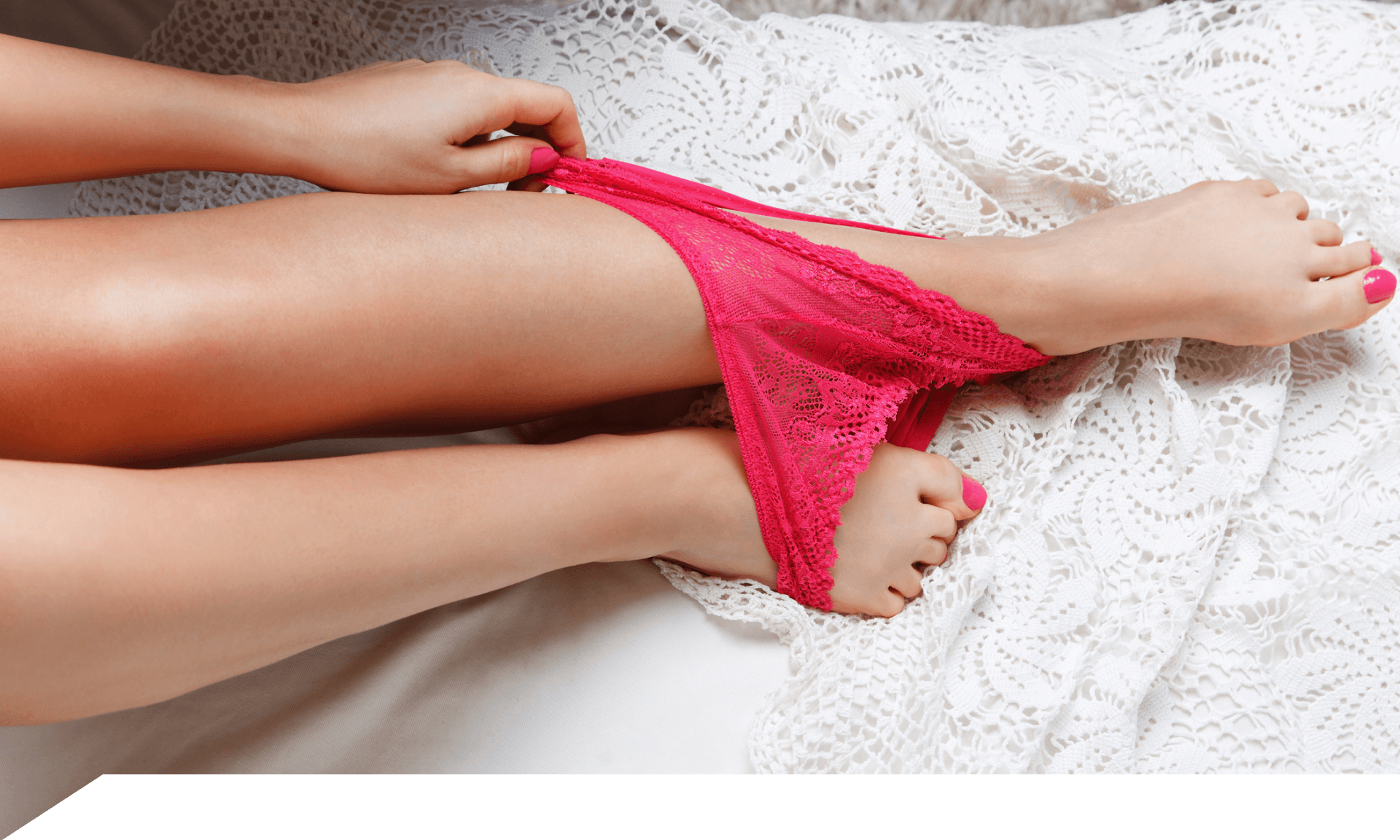In recent years, society has made a lot of progress in normalizing the idea that, surprise, women masturbate (*gasp*). But along the way, we’ve gone from ‘masturbating is perfectly normal and healthy’ to ‘masturbation is a necessary form of self-care' — thanks in part to the booming sexual wellness industry. It might be alienating people who don't want or like to masturbate. Still, according to Emily Nagoski, PhD, sex educator and author of “Come Together,” there are no “shoulds” when it comes to how your body experiences pleasure.
Is it bad if I don’t enjoy masturbating?
Short answer: no. Masturbation may feel good to some people and not good to others. Not enjoying is normal, and “normal means it's functional and healthy and non-problematic,” Nagoski says. So, if “you don't enjoy masturbating, feel free not to masturbate,” she adds.
Masturbation can indeed be healthy, but that doesn’t mean that not masturbating is unhealthy. Think of it like a carrot, Nagoski suggests: Carrots are good for you, but you don’t need to eat them to be healthy. “There's an enormous array of things that we could categorize as self-care, and you do the things that you have access to and that work for you,” she adds.
You don't need a reason not to want to masturbate. But if you're wondering why it’s not for you, it might be because…
You need a partner to get off. Maybe your “sexuality is very intensely tied to being connected with someone else,” Nagoski suggests.
You may feel shame or guilt when it comes to masturbation. Which could be fueled by your cultural or religious background.
Your headspace is getting in the way. Feelings of stress, depression, anxiety, and loneliness can “interfere with our access to pleasure of all kinds,” says Nagoski.
How can I find other sources of pleasure?
If masturbating isn’t your thing, Nagoski suggests exploring other parts of your body that you don’t normally touch to see what feels good and what doesn’t. A bath or shower is a good place to explore the sensation. “Actually notice the sensation of the water…the soap,” Nagoski says. You can also work on finding pleasure through other senses — like tasting and smelling different foods or listening to music. As you explore, ask yourself: “What are those sensations like? Is there pleasure here?” There are no right or wrong answers — the key is to be curious.
This content is for informational and educational purposes only. It does not constitute a medical opinion, medical advice, or diagnosis or treatment of any particular condition.
Live Smarter
Sign up for the Daily Skimm email newsletter. Delivered to your inbox every morning and prepares you for your day in minutes.
